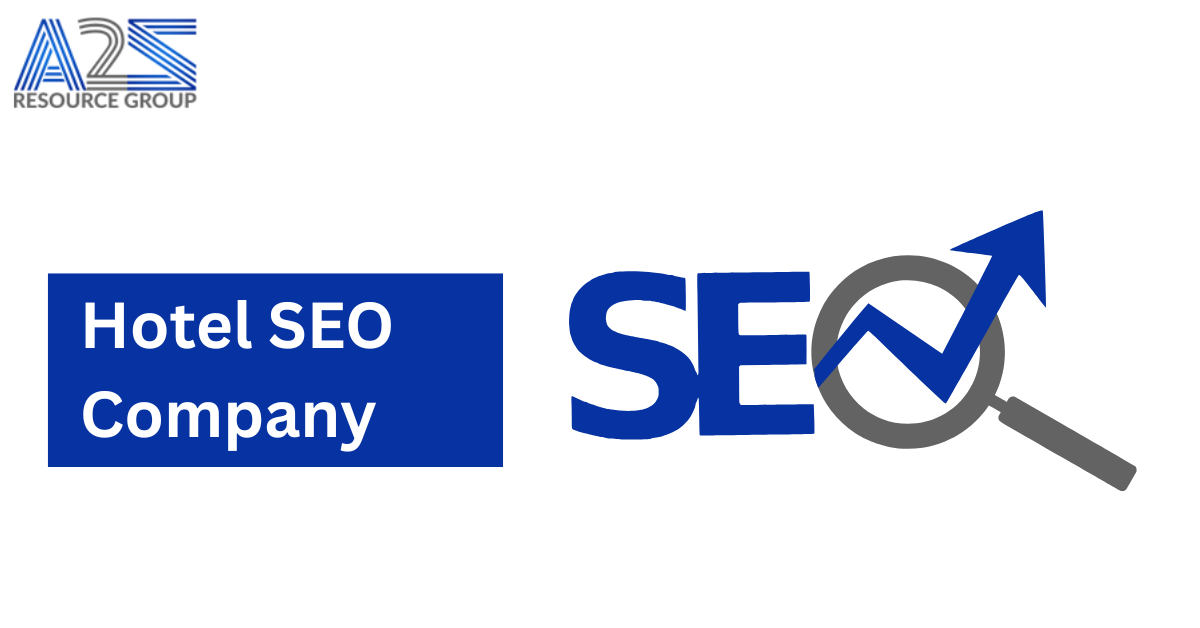How ChatGPT Integration Services Help Businesses Stay Ahead of Competition?

In today’s hyper-competitive business world, companies are constantly searching for innovative solutions to enhance customer experience, streamline operations, and drive growth. Artificial Intelligence (AI), particularly conversational AI, has emerged as a game-changer. Among the leading technologies in this space is ChatGPT, an advanced language model developed by OpenAI.
While many businesses experiment with AI chatbots, the real competitive edge lies in ChatGPT integration services—the process of embedding ChatGPT into workflows, customer touchpoints, and enterprise systems. This goes far beyond using ChatGPT as a simple chatbot. Integration empowers organizations to unlock automation, scale personalization, and deliver superior value faster than their competitors.
In this article, we’ll explore why ChatGPT integration is essential, how it helps businesses stay ahead of the competition, and practical use cases across industries.
1. Understanding ChatGPT Integration Services
ChatGPT integration services involve embedding ChatGPT’s natural language processing (NLP) and conversational capabilities into a business’s ecosystem. Instead of being a standalone tool, ChatGPT becomes a seamless part of:
- Customer support systems (e.g., CRM, live chat platforms, ticketing systems).
- Marketing and sales workflows (e.g., lead qualification, personalized outreach, product recommendations).
- Enterprise software (e.g., ERP, HR management, project collaboration tools).
- E-commerce and mobile applications (e.g., shopping assistants, product search, checkout support).
With proper integration, ChatGPT is not just answering queries but actively working in harmony with databases, APIs, and existing business logic.
2. Why Businesses Need ChatGPT Integration
The modern customer expects speed, personalization, and accuracy. Businesses that fail to deliver risk losing loyalty. Here’s why integrating ChatGPT gives a competitive advantage:
a) 24/7 Customer Engagement
Unlike human teams that work within shifts, ChatGPT can operate around the clock. This ensures customers receive instant responses no matter the time zone, boosting satisfaction and reducing churn.
b) Scalability Without Additional Costs
Hiring and training customer support or sales staff is costly. ChatGPT integration allows companies to handle thousands of simultaneous conversations without proportionally increasing expenses.
c) Faster Decision-Making
By integrating with business intelligence tools, ChatGPT can fetch real-time data, analyze trends, and provide instant insights—helping leaders make data-driven decisions quicker than competitors.
d) Personalized Customer Experience
With access to CRM and customer history, ChatGPT can tailor interactions—offering product recommendations, reminders, or support customized to each user. Personalization drives loyalty and higher conversions.
e) Competitive Differentiation
Businesses that integrate ChatGPT create smoother, smarter, and more engaging experiences. This not only attracts new customers but also positions the brand as innovative and customer-centric.
3. Key Business Functions Enhanced by ChatGPT Integration
Let’s look at some functional areas where ChatGPT integration gives businesses a sharp edge:
3.1 Customer Support & Helpdesk
- Automated query resolution for FAQs.
- Intelligent ticket triaging and escalation.
- Seamless integration with Zendesk, Freshdesk, or Salesforce Service Cloud.
- Multi-language support to expand global reach.
Benefit: Faster response times, reduced support costs, and improved customer satisfaction scores.
3.2 Sales & Lead Generation
- Automated lead qualification through conversational forms.
- Personalized product recommendations during live chats.
- Integration with CRM platforms like HubSpot or Zoho for real-time updates.
- Assisting sales reps with pitch suggestions or competitive insights.
Benefit: Shorter sales cycles, higher lead conversion, and empowered sales teams.
3.3 Marketing & Content Creation
- Generating engaging social media posts, blogs, or ad copy.
- Personalizing email marketing campaigns.
- Providing instant answers to customer queries during product launches.
Benefit: Enhanced brand visibility and more impactful customer outreach.
3.4 E-Commerce Experience
- Intelligent product search assistants.
- Cross-selling and upselling recommendations.
- Automated returns and refund processes.
- Voice-enabled shopping assistants for mobile apps.
Benefit: Increased average order value (AOV) and higher customer retention.
3.5 Internal Business Operations
- Automating HR inquiries like leave balance, policies, or onboarding.
- Assisting employees with IT troubleshooting.
- Summarizing meeting notes and project updates.
Benefit: Improved employee productivity and reduced operational bottlenecks.
4. Industry-Specific Use Cases
Different industries are adopting ChatGPT integration in unique ways. Let’s break down a few examples:
Healthcare
- Virtual health assistants answering patient queries.
- Integration with telemedicine platforms for appointment scheduling.
- Assisting doctors with quick access to patient records or research.
Finance
- AI-driven customer support for account queries.
- Fraud detection alerts through conversational interfaces.
- Personalized financial advice for customers.
Retail
- AI-powered shopping assistants guiding buyers.
- Post-purchase support like order tracking.
- Intelligent loyalty program management.
Travel & Hospitality
- Personalized trip planning and booking support.
- Automated check-in assistance.
- Multi-language support for global travelers.
Education
- Personalized tutoring and doubt resolution.
- Assisting instructors with grading and course content creation.
- Helping institutions with admissions and student queries.
5. How ChatGPT Integration Strengthens Competitive Advantage
Integrating ChatGPT doesn’t just streamline operations—it redefines business competitiveness in measurable ways:
- Faster Market Response: Businesses can launch campaigns or respond to customer needs almost instantly.
- Cost Efficiency: Resources are optimized, reducing overheads while improving service.
- Customer Loyalty: Consistently excellent service builds long-term trust.
- Global Reach: Multilingual support helps businesses enter new markets without heavy investments.
- Innovation Branding: Companies leveraging AI appear forward-thinking, attracting investors and customers alike.
6. Challenges and Best Practices in ChatGPT Integration
While the benefits are immense, businesses should be mindful of challenges during integration:
Common Challenges:
- Data Security Concerns: Protecting customer data while using AI.
- Integration Complexity: Connecting with legacy systems can be difficult.
- Over-Reliance on AI: Balance between automation and human touch is critical.
- Continuous Training: AI must be fine-tuned to reflect brand tone and evolving customer needs.
Best Practices for Success:
- Start Small, Scale Gradually: Begin with specific use cases (e.g., customer support) and expand.
- Ensure Data Privacy Compliance: Follow GDPR, HIPAA, or industry-specific standards.
- Blend AI + Human Collaboration: Route complex cases to human agents.
- Measure & Optimize: Continuously analyze performance (response accuracy, customer satisfaction, cost savings).
- Choose Expert Integration Partners: Work with service providers experienced in ChatGPT customization.
7. The Future of ChatGPT in Business
Looking ahead, ChatGPT integration will evolve with:
- Voice AI and Multimodal Integration: Combining text, speech, and even visuals for richer interactions.
- Deeper Personalization: Hyper-customized services using predictive analytics.
- Automation of Knowledge Work: Drafting legal documents, financial reports, or strategic plans.
- Seamless IoT Integration: ChatGPT interacting with smart devices for advanced customer experiences.
Businesses that adopt these capabilities early will continuously outpace competitors.
Conclusion
In an era where customer expectations evolve rapidly, businesses cannot afford to rely solely on traditional methods of engagement and operations. ChatGPT integration services are not just about adopting AI—they’re about transforming the way businesses interact, operate, and grow.
From customer support and sales to marketing and internal operations, ChatGPT empowers organizations to deliver faster, smarter, and more personalized experiences. The companies that invest in seamless integration today are positioning themselves as leaders of tomorrow—staying ahead of the competition not just in efficiency, but in customer trust and innovation.
Now is the time to explore ChatGPT integration services. The question is not if your business should integrate AI, but how soon you can do it to gain the edge.


